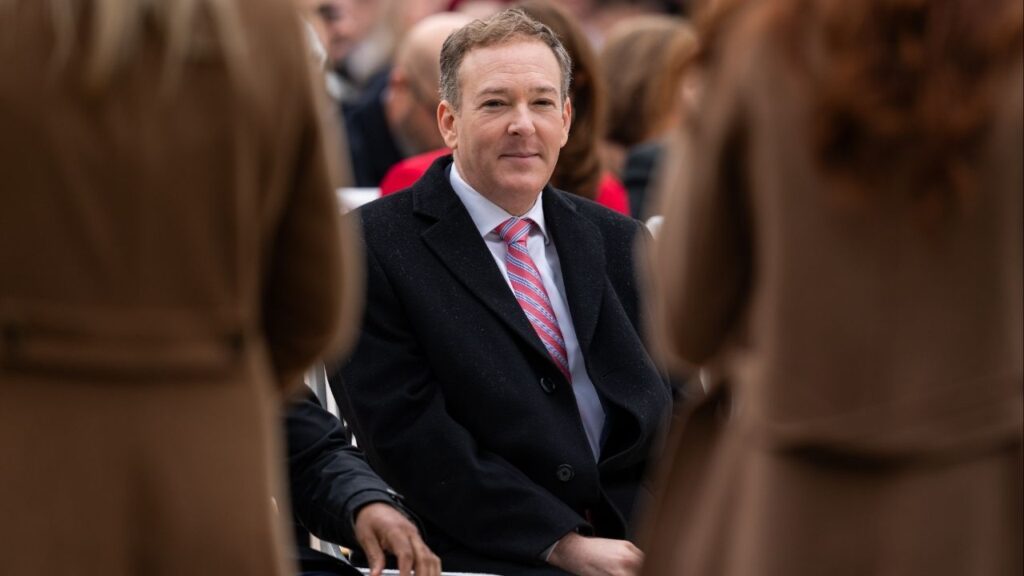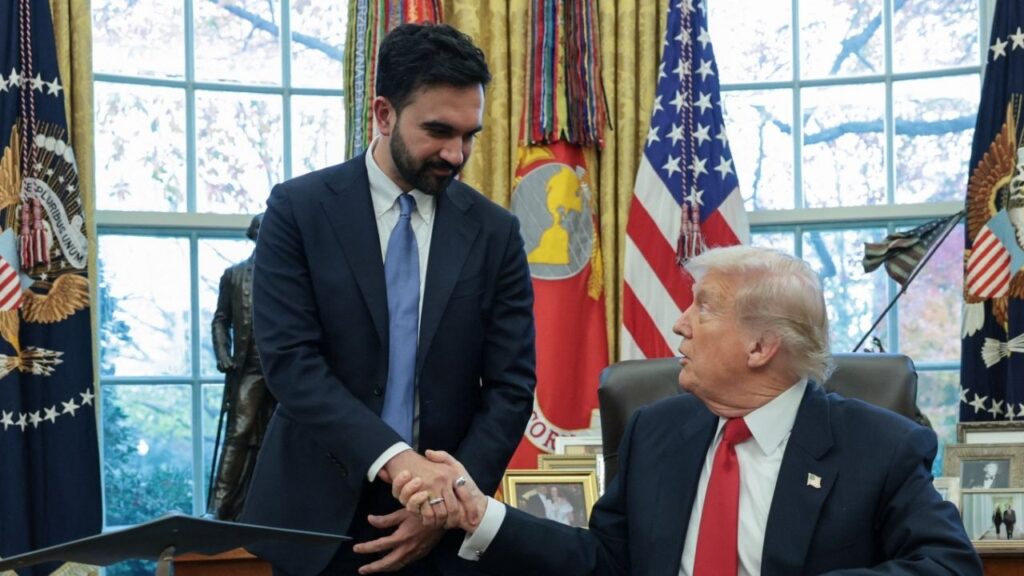Despite a record-low U.S. birth rate, most Americans still say two or more children is ideal, highlighting the gap between family aspirations and reality. [Shutterstock]

- A Gallup poll finds Americans’ ideal family size is 2.7 children — well above the nation’s record-low birth rate of 1.6.
- Four in five U.S. adults say at least two children is ideal, with two or three kids the most common preferences.
- Experts say rising costs, delayed marriage, and cultural shifts are driving the gap between family ideals and reality.
Share
Even as the U.S. birth rate hits a record low, Americans continue to say they want more children than they are having.
A new Gallup poll finds the average desired family size at 2.7 children, well above the nation’s fertility rate of 1.6 births per woman.
The findings highlight a widening gap between Americans’ family aspirations and reality. Demographers note the U.S. needs a rate of 2.1 children per woman to maintain its population, a threshold missed for decades.
Economic and Cultural Challenges
The shortfall points to economic and cultural headwinds — from housing and childcare costs to delayed marriage — that appear to hold families back from meeting their own expectations.
Since Gallup began measuring family ideals in 1936, preferences have shifted with the times. Back then, Americans favored 3.6 children on average. That figure fell below three in the early 1970s, influenced by changing norms and fears of overpopulation. Since the 1990s, the number has stabilized, hovering between 2.4 and 2.7.
Today, four in five adults say at least two children is ideal. Two children is the single most popular answer, cited by 40% of respondents, while 27% prefer three. Just 6% say one child or none is best.
Preferences vary by group: men, Republicans and frequent churchgoers lean toward larger families, while women, Democrats and younger adults are more likely to favor smaller ones.
Despite these divides, Gallup notes a striking consistency: Americans still want bigger families than they are choosing to have.
RELATED TOPICS:
Categories

MAHA Activists Urge Trump to Fire His EPA Administrator

Meta Strikes Multiple AI Deals With News Publishers

















